Chickenpox is a viral infection and causes flu-like symptoms and itchy rash-like spots all over the body. After the use of varicella vaccine, chickenpox has become much rarer. Once the virus enters the body, symptoms of start between 10 to 21 days and usually last about 5-10 days. Before the rash appears, symptoms, such as a headache and fever, are seen. Once the rash appears, it goes through three phases: first, there is an appearance of raised pink or red bumps, then they become small fluid-filled blisters and finally they change into crusts and scabs. Usually, chickenpox is a mild disease, but it can lead to some serious complications, such as pneumonia, encephalitis, Reye’s syndrome in people who take aspirin during chickenpox, and dehydration. In high-risk people, it can also lead to death.
There is no medical treatment required for chickenpox in healthy children. Anti-allergic medicines (antihistamines) may be given to relieve itching. For people with a high risk of complications, doctors may prescribe antiviral medicines to reduce the severity of the disease and may recommend getting the chickenpox vaccination done to lessen the severity of the disease or to prevent it. People do not acquire chickenpox if they are vaccinated; however, if a vaccinated person does contract chickenpox, it is usually mild. Vaccination for chickenpox is a safe, effective and the best way to prevent the disease. It can prevent almost all the cases of severe chickenpox disease.

 Doctors for Chickenpox
Doctors for Chickenpox  OTC Medicines for Chickenpox
OTC Medicines for Chickenpox
 Lab tests for Chickenpox
Lab tests for Chickenpox Chickenpox articles
Chickenpox articles
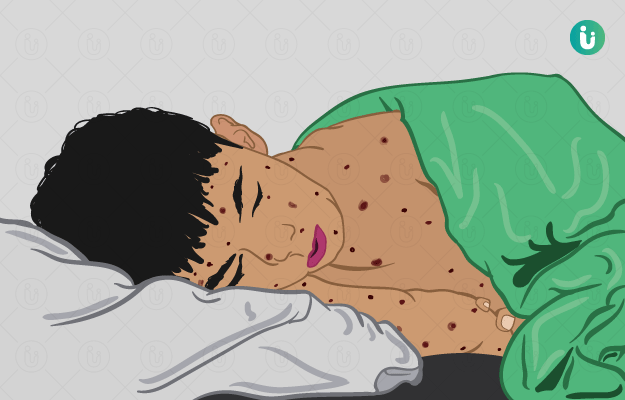
 Ayurvedic Treatment of Chickenpox
Ayurvedic Treatment of Chickenpox
 First Aid for Chickenpox
First Aid for Chickenpox
 Home Remedies for Chickenpox
Home Remedies for Chickenpox
 Homeopathic Treatment of Chickenpox
Homeopathic Treatment of Chickenpox



































 Editorial Team
Editorial Team
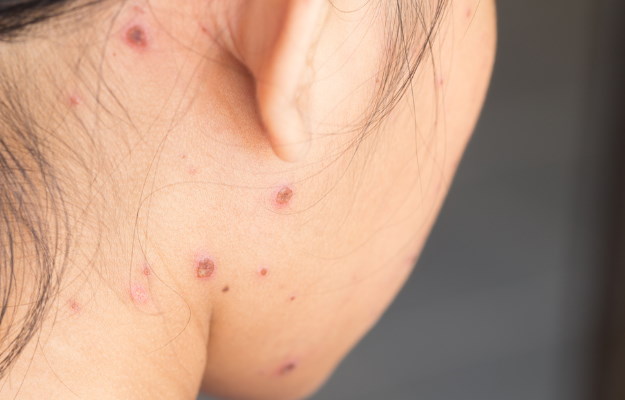
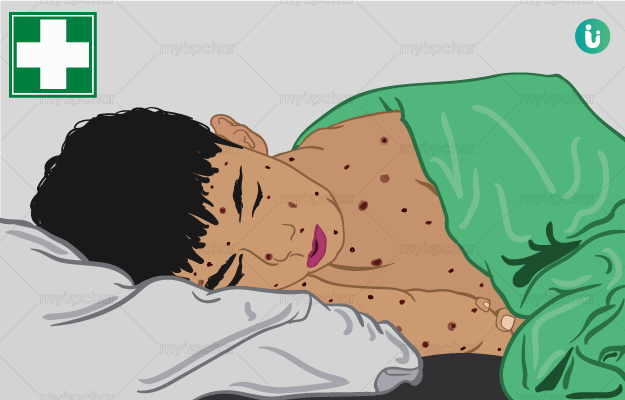

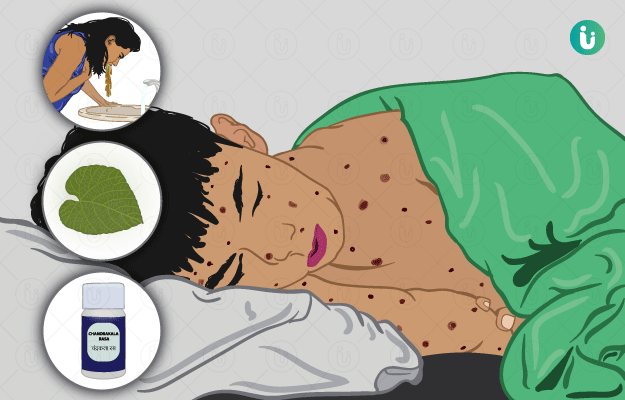
 Dr. Laxmidutta Shukla
Dr. Laxmidutta Shukla
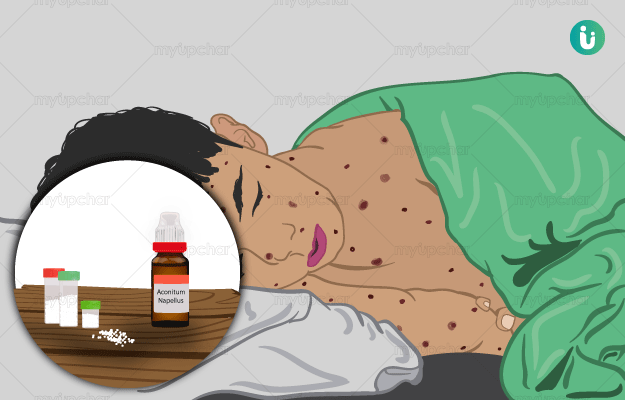
 Dr. Rachita Narsaria
Dr. Rachita Narsaria











